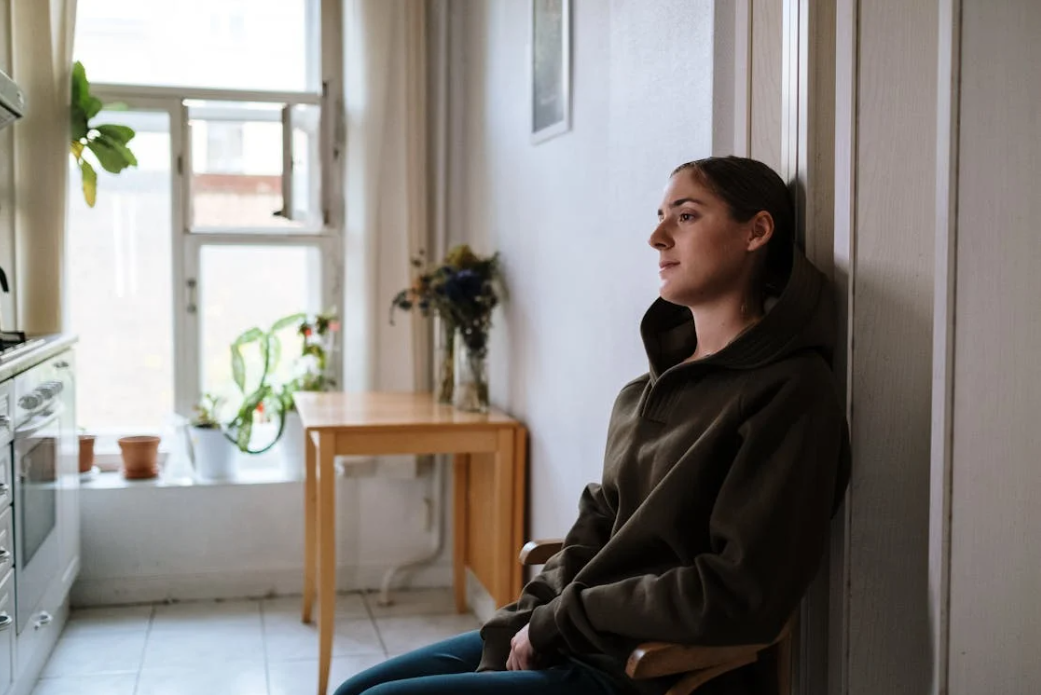You can set your preferences for social media and targeted advertising cookies here. We always place functional cookies and analytical cookies. Functional cookies are necessary for the site to work properly. With analytical cookies we collect anonymous data about the use of our site. With that information, the site can be further improved so that it is easier for you to find what you are looking for.
Read more about our cookie policy.





